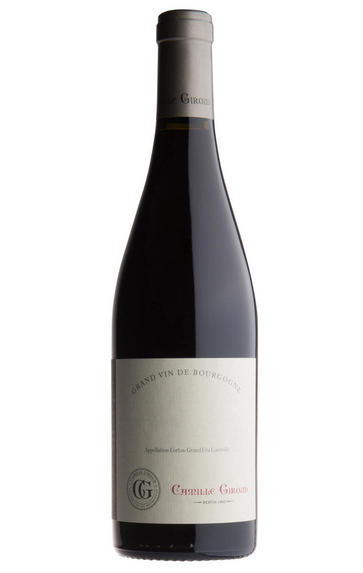
2019 Morey-St Denis, Clos des Godelles, 1er Cru, Camille Giroud, Burgundy
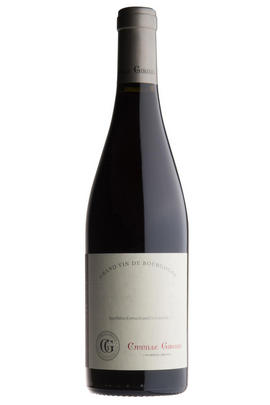
Critics reviews
Neal Martin, Vinous
About this WINE
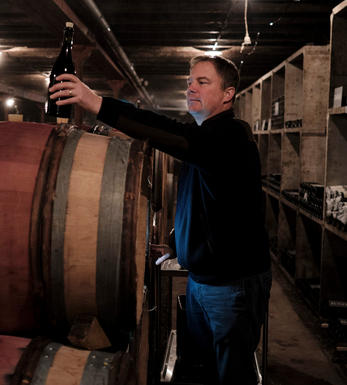
Maison Camille Giroud
Established in 1865, Maison Camille Giroud has a rich heritage rooted in Burgundy’s winemaking tradition. Initially a specialist négociant, they sourced wines from esteemed growers across the renowned Côte d’Or region, ageing them meticulously in their cellars for decades to achieve peak maturity.
In 2001, a consortium, including Napa Valley winery owner Ann Colgin and wine investors, took over, aiming to blend tradition with modern techniques and a terroir-driven approach. This led to innovations, like wooden presses and open vats, under the dynamic winemaker David Croix.
Most wines continued to be crafted from carefully selected grapes, many from old vines. Their commitment to natural winemaking practices, including native yeast fermentation and minimal intervention, set them apart.
In 2016, Carel Voorhuis continued the legacy of crafting pure, terroir-driven wines, maintaining Maison Camille Giroud’s reputation for excellence in Burgundy.
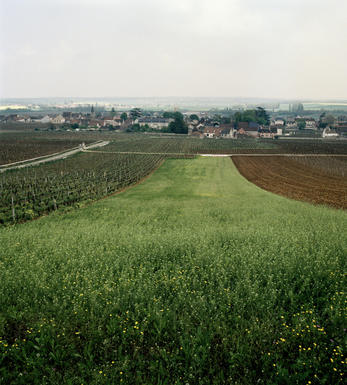
Morey-Saint-Denis
Morey is sometimes ignored between its two famous neighbours, Chambolle-Musigny and Gevrey-Chambertin, but its wines are of equal class, combining elegance and structure. Morey-St Denis, being that little bit less famous, can often provide excellent value.
The four main Grand Cru vineyards continue in a line from those of Gevrey-Chambertin, with Clos St Denis and Clos de la Roche the most widely available. Clos des Lambrays (almost) and Clos de Tart (entirely) are monopolies of the domains which bear the same names.
Domaine Dujac and Domaine Ponsot also make rare white wines in Morey-St Denis.
- 64 hectares of village Morey-St Denis
- 33 hectares of Premier Cru vineyards (20 in all). Best vineyards include Les Charmes, Les Millandes, Clos de la Bussière, Les Monts Luisants
- 40 hectares of Grand Cru vineyard. Clos de Tart, Clos des Lambrays, Clos de la Roche, Clos St Denis and a tiny part of Bonnes Mares
- Recommended Producers: Dujac, Ponsot, Clos de Tart, Domaine des Lambrays
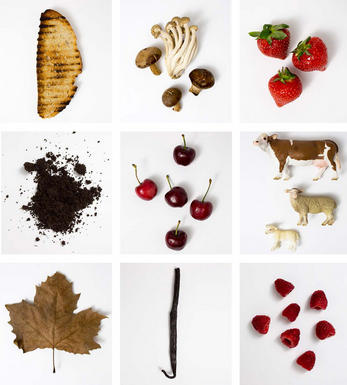
Pinot Noir
Pinot Noir is probably the most frustrating, and at times infuriating, wine grape in the world. However when it is successful, it can produce some of the most sublime wines known to man. This thin-skinned grape which grows in small, tight bunches performs well on well-drained, deepish limestone based subsoils as are found on Burgundy's Côte d'Or.
Pinot Noir is more susceptible than other varieties to over cropping - concentration and varietal character disappear rapidly if yields are excessive and yields as little as 25hl/ha are the norm for some climats of the Côte d`Or.
Because of the thinness of the skins, Pinot Noir wines are lighter in colour, body and tannins. However the best wines have grip, complexity and an intensity of fruit seldom found in wine from other grapes. Young Pinot Noir can smell almost sweet, redolent with freshly crushed raspberries, cherries and redcurrants. When mature, the best wines develop a sensuous, silky mouth feel with the fruit flavours deepening and gamey "sous-bois" nuances emerging.
The best examples are still found in Burgundy, although Pinot Noir`s key role in Champagne should not be forgotten. It is grown throughout the world with notable success in the Carneros and Russian River Valley districts of California, and the Martinborough and Central Otago regions of New Zealand.


Buying options
Add to wishlist
Description
This is an historic – and rather more alluring – name for the Le Village vineyard in the centre of Morey. Carel was able to buy grapes this year – last year he bought the wine – and so could use 40% whole-bunch. This is fabulous: a seamless stream of bright blueberry fruit flows around the wine’s central pillar of minerality. Drink 2025-2040.
wine at a glance
Delivery and quality guarantee